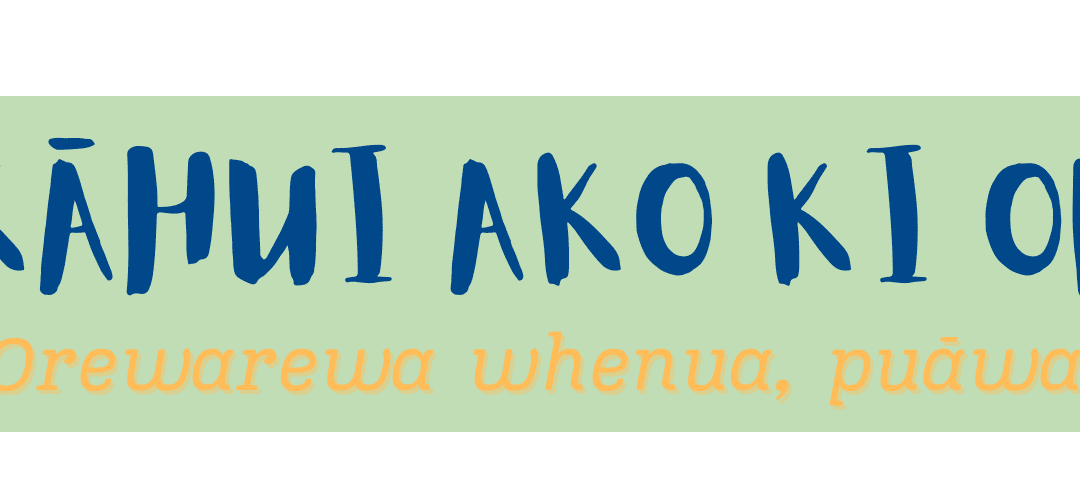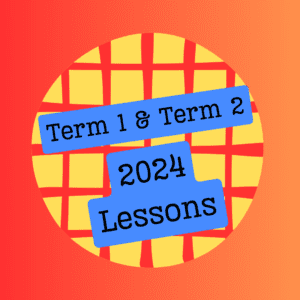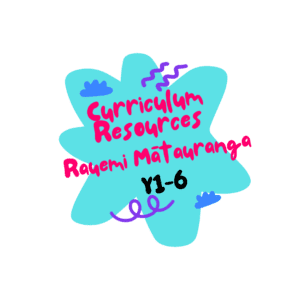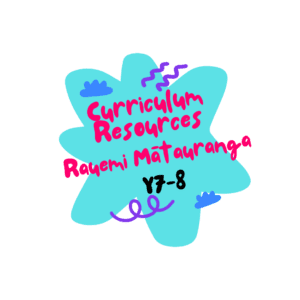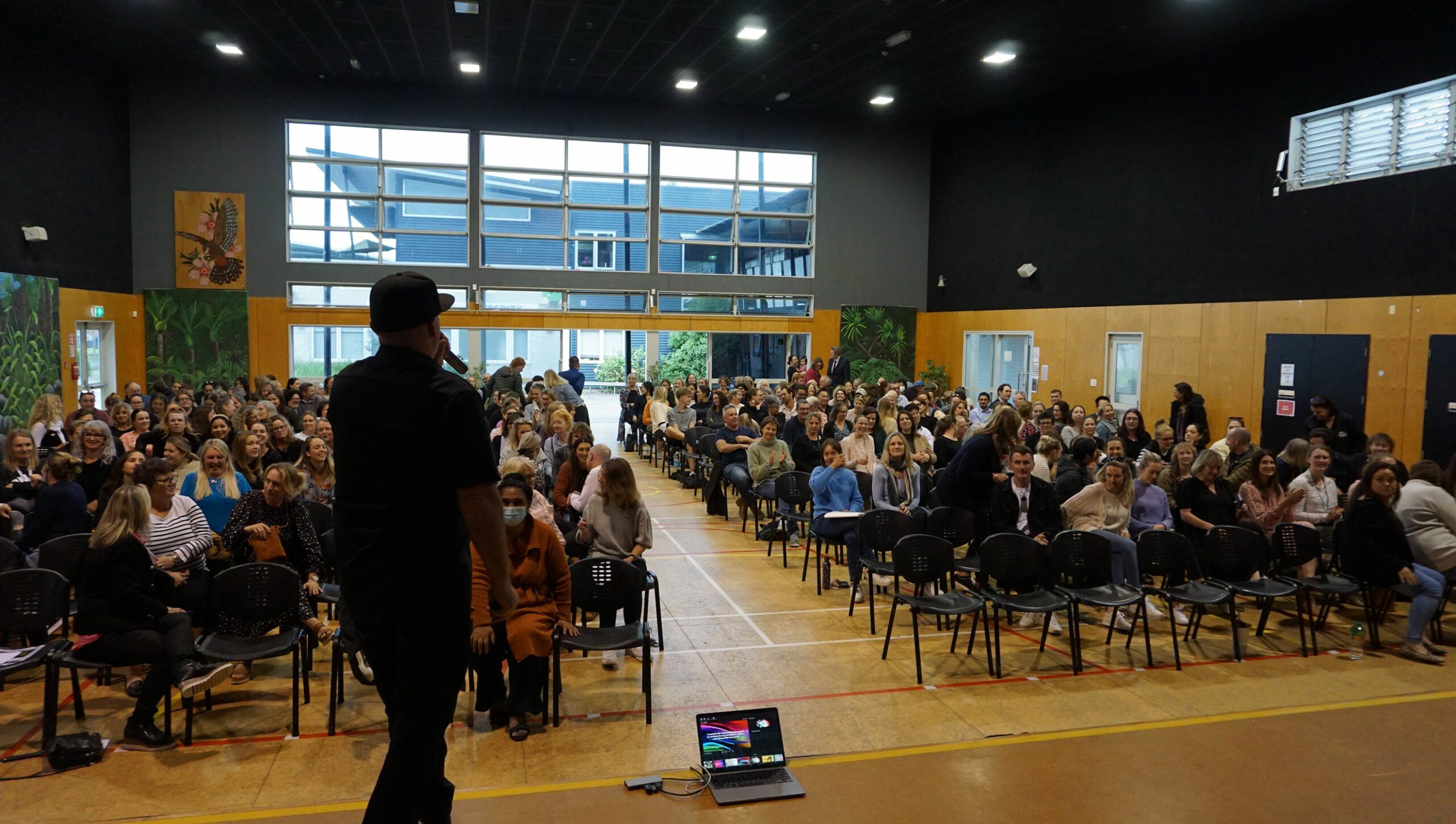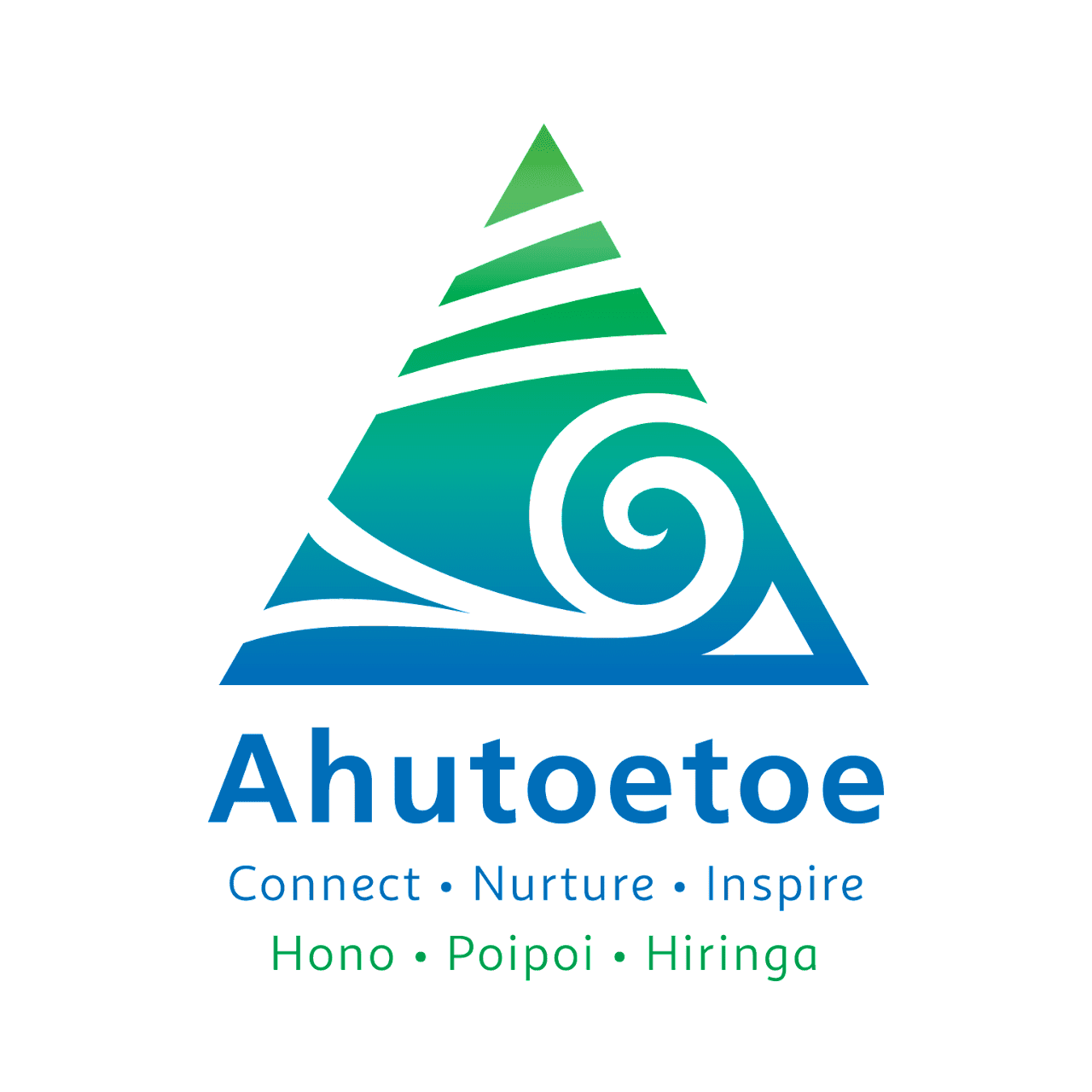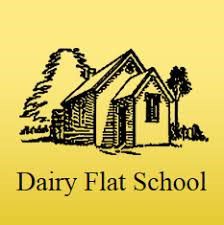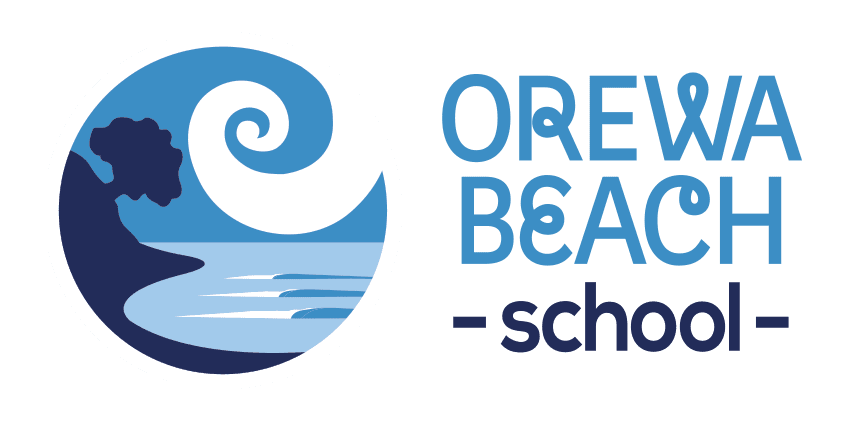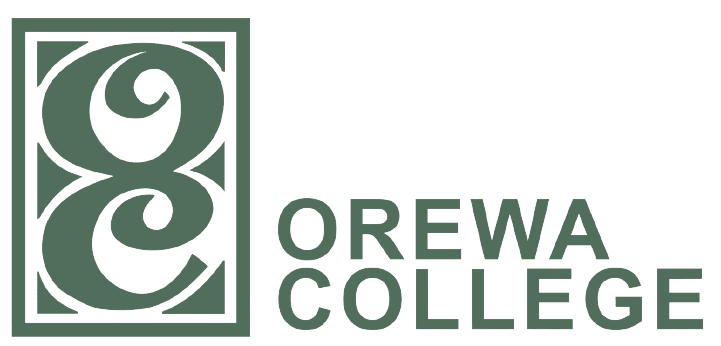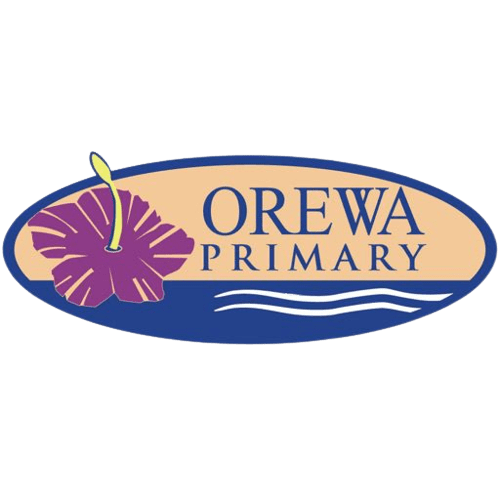Rāmere, te 2 o te Noema 2023
Orewarewa whenua, puāwai māhuri
On the fertile ground of Orewa, the sapling blooms
Competition – Each week we will have a competition. One lucky winner will receive a $20 Millie’s Coffee voucher! It’s simple, just email your answer to [email protected]
This Week’s Question/Pātai o te Wiki: What does the kīwaha/colloquium
“E poko” translate to?
Have something to share? Get in contact with one of our Across School Leaders – we would love to hear from you!
[email protected] Te ao Māori
[email protected] Hauora
[email protected] Future Ready
[email protected] 21st Century Learning
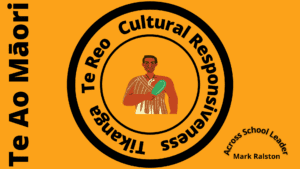
Tikanga 101 Eplained What exactly is tikanga?
This is one of those questions that a lot of people wonder but are afraid to ask. We’ve compiled a number of videos, some appropriate for tamariki and some just for adults that can help make sense of it. Jump in and get learning.
One for the tamariki
Pōwhiri tikanga
What to do at a pōwhiri: tikanga explained
One just for the adults around kai – Not for school
‘Don’t put your arse where you eat’: tikanga explained
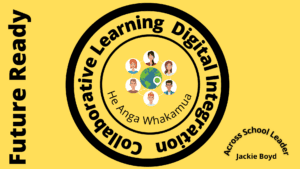
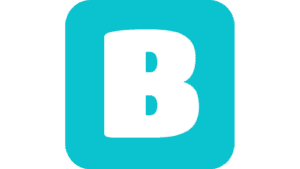
Blooket
World of Blooket: a new take on trivia and review games!
The way it works is that a teacher/host picks a question set and a unique game mode. Then, we generate a code that players can use to join the game on their own devices. After the game starts, players will answer questions to help them win. That’s where the fun starts, because we offer a variety of games to keep students engaged and excited!


![]()
The Google Educator Conference is designed for DT Teacher. The purpose of this conference is to upskill all educators by presenting ideas to engage students with new technologies. Teachers will be equipped with the ability total into the creativity and enthusiasm that many students have for technology.

E poko! Bugger/dang!
Eh por-cor
One that you could use on the daily.
Whaea Jackie: I lost my rorohiko!
Whaea Cerys: E poko! Dang!
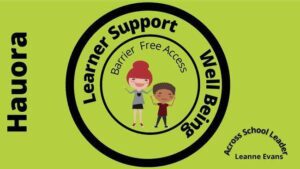

Jazz Thornton & Genevieve Mora
Click here to go to the Voice of Hope website
Voices of Hope Visit
The Year 7 and 8 students of Orewa College were incredibly lucky to be inspired and educated about how to show empathy and understand a little more about mental health through an incredible presentation from Jazz Thornton and Genevieve Mora, who are the founders of Voices of Hope.
These two amazing ladies have had their own battles, and speak from experience. Jazz was so relatable and inspiring sharing her stories, with the takeaway message – ‘It’s not weak to speak’
We hope to have Jazz and Genevieve speak at each of our Kahui Ako schools in 2024.

And….Don’t forget…..

Click on the website here to see how you can support Gumboot Friday ‘23.

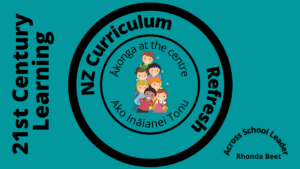
New maths resource added to website – check it out!
moveNprove
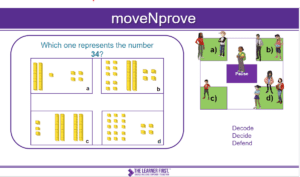
MoveNproves are available to be used for Year 0-8 classes in number, measurement, space (used to be called geometry), statistics and probability.
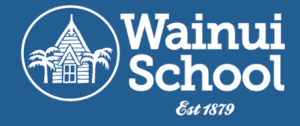
Sandy Tollemache from Wainui School shares with us below about their journey into using the NZ Histories curriculum and their planning. They have done a lot of mahi around this at Wainui. Thanks for sharing!
Culture and Identity – Diving into NZ Histories
In Term 3 our Junior team (Year 0-2) at Wainui School inquired into Origins and Connections based on our Culture and Identity within the New Zealand History Curriculum.
Our journey was guided by our weekly Inquiry planning and we have a reflection slide presentation to share with you based on our findings:
Our understanding is formed by the ‘knowing’ aspect of the Progress Outcomes:
| Progress outcome by the end of Year 3 | ||||
| Understand | I am beginning to understand that: | |||
| Māori History is the foundational and continuous history of Aotearoa New Zealand. |
Colonisation + Settlement have been central to Aotearoa New Zealand’s histories for the past 200 years. |
Power and the use of it has shaped the course of Aotearoa New Zealand’s histories. |
Relationships + Connections between people +across boundaries have shaped the course of Aotearoa New Zealand’s histories. |
|
| KNOW | For the national contexts, I know the following: | |||
| Culture + Identity
Origins and connections • Māori are tangata whenua. They were the first people of this land and have stories about their origins and arrival.
• People in our area have come from a variety of places and some retain connections to those places. |
Government and Organisation
Waitangi Day • Waitangi day marks the signing of Te tiriti o Waitangi | The Treaty of Waitangi. |
Place and Environment
Connecting • Tangata whenua are deeply connected to the local area. Naming places was key to establishing and maintaining mana and tūrangawaewae. Naming• Many of the names of geographical features, towns, buildings, streets, and places tell stories. Sometimes there is more than one story. |
Economic Activity
Living and working • The ways different groups of people have lived and worked in this rohe have changed over time. |
|
| DO | In my learning in Aotearoa New Zealand’s histories, I can: | |||
| Identifying and exploring historical relationships
|
Identifying sources and perspectives • I can use historical sources, giving deliberate attention to mātauranga Māori sources, to help answer my questions about the past. |
Interpreting past experiences, decisions, + actions • I can make observations about how people have acted in the past and how they act today. |
CONSIDER
How might your ākonga share and present their learning? What activities, tools, technology and formats could they use that engage and resonate with them? |
|


Kāhui Ako Hui Dates – Term 4 2023
16th November – ASL – Orewa Beach @ 10am – WSL – Orewa College @ 3.30pm
30th November – ASL – Orewa Primary @ 10am – WSL – Orewa College @ 3.30pm
7th December – ASL – Orewa College @ 10am – WSL – Orewa College @ 3.30pm

